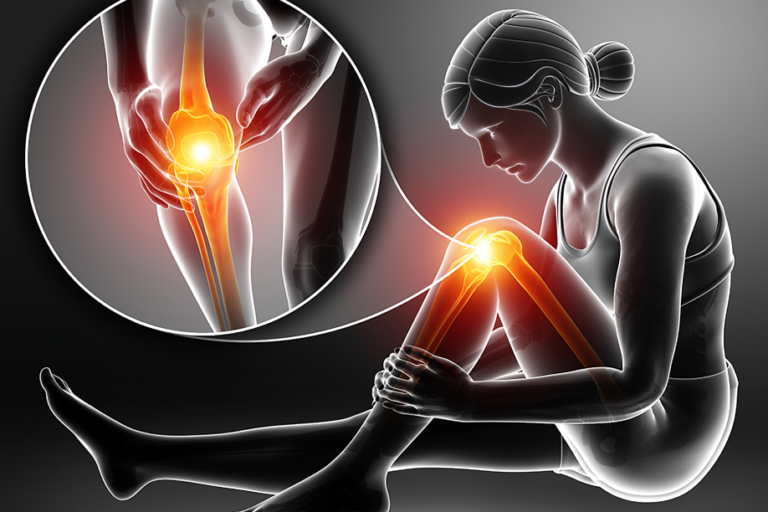Unpacking The Mysteries Of Cancer Pain: A Holistic Approach
Cancer, one of the most feared words in the medical lexicon, is often synonymous with pain. Beyond the physical toll of the disease itself, cancer pain can be debilitating, pervasive, and complex. However, in recent years, there has been a shift towards a more holistic understanding and management of cancer pain. This approach recognizes that pain is not merely a symptom to be treated but a multifaceted experience that requires a comprehensive strategy.”Best Cancer Pain Specialist in Dilshad Garden”
To Know More About It Please Click Here
Understanding Cancer Pain
Cancer pain is a highly individualized experience, varying in intensity, location, and quality depending on factors such as the type and stage of cancer, treatment modalities, and individual patient characteristics. It can manifest as acute, chronic, breakthrough, or neuropathic pain, each presenting its own set of challenges for patients and healthcare providers.
A Comprehensive Strategy for Cancer Pain Management
A holistic approach to cancer pain management acknowledges the interconnectedness of the physical, emotional, social, and spiritual dimensions of pain. It emphasizes a multidisciplinary approach that addresses not only the physiological aspects of pain but also its psychosocial and spiritual dimensions. Here are the key components of a holistic approach:
- Pain Assessment: Comprehensive pain assessment is the cornerstone of effective pain management. It involves not only evaluating the intensity and location of pain but also understanding its impact on the patient’s quality of life, emotional well-being, and functional status.
- Multimodal Analgesia: Instead of relying solely on opioids for pain relief, a multimodal approach combines various pharmacological and non-pharmacological interventions to target different aspects of pain. This may include medications, such as nonsteroidal anti-inflammatory drugs (NSAIDs), adjuvant analgesics, and interventional procedures, as well as complementary therapies like acupuncture, massage, and relaxation techniques.
- Palliative Care: Palliative care plays a crucial role in managing cancer pain, especially in the advanced stages of the disease. It focuses on improving the quality of life for patients and their families through symptom management, psychosocial support, and spiritual care. Palliative care teams collaborate with oncologists, pain specialists, nurses, and other healthcare providers to address the holistic needs of patients.
- Psychosocial Support: Cancer pain often takes a toll on patients’ mental and emotional well-being, leading to anxiety, depression, and diminished quality of life. Psychosocial support services, such as counseling, support groups, and mindfulness-based interventions, can help patients cope with the emotional distress associated with pain and enhance their overall resilience.
- Integrative Therapies: Integrative therapies, which combine conventional medicine with evidence-based complementary approaches, offer additional options for managing cancer pain. These may include herbal supplements, mind-body practices like yoga and meditation, and art or music therapy.
Conclusion
Unpacking the mysteries of cancer pain requires a holistic approach that recognizes the multidimensional nature of pain and addresses the physical, emotional, social, and spiritual aspects of the patient experience. By adopting a comprehensive strategy that integrates pharmacological and non-pharmacological interventions, palliative care, psychosocial support, and integrative therapies, healthcare providers can optimize pain management and enhance the quality of life for cancer patients. Through collaboration and compassionate care, we can empower patients to navigate the complexities of cancer pain with dignity and resilience.”Best Cancer Pain Specialist in Dilshad Garden”
Also, Follow us on Instagram







